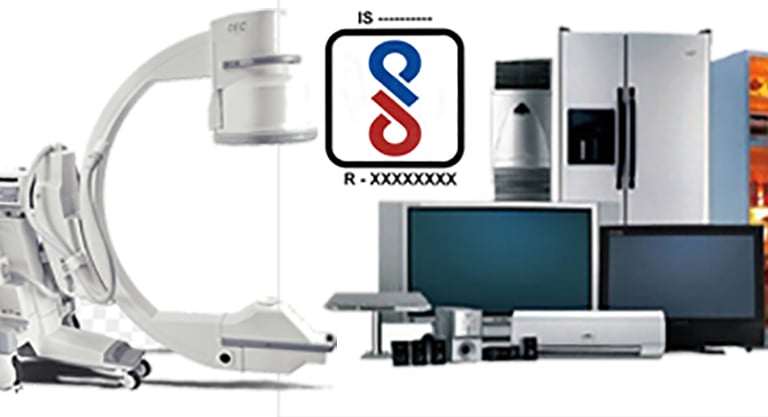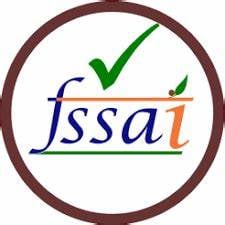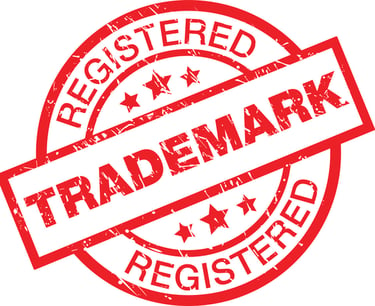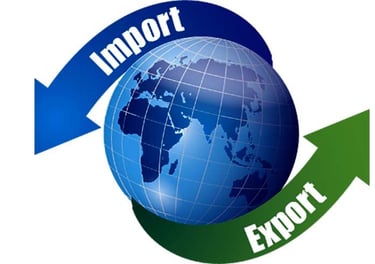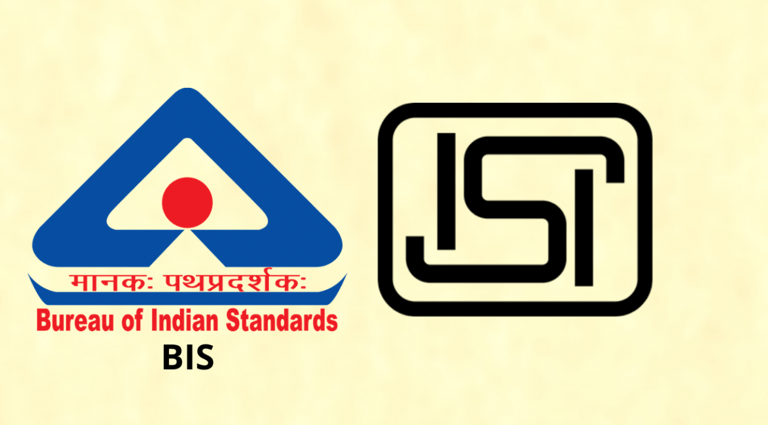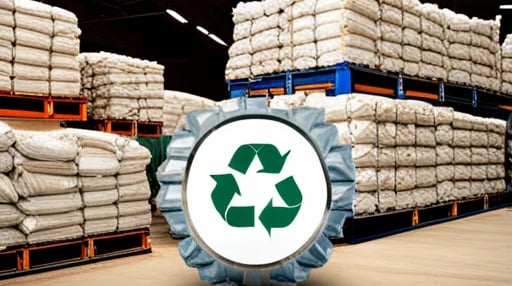BIS Compulsory Registrations Scheme (CRS) For Electronics & IT Products
The BIS compulsory registrations scheme (CRS) for electronic and IT products is a regulatory framework implemented by the Bureau of Indian Standards (BIS). This scheme ensures that electronic and IT products meet the necessary safety, quality, and performance standards before they can be sold in the Indian market. The CRS requires manufacturers to obtain the necessary certifications and undergo testing to ensure compliance with the specified standards. The purpose of this scheme is to protect consumers from substandard or unsafe products and promote a level playing field for manufacturers in the Indian market. The BIS CRS covers a wide range of products including mobile phones, laptops, tablets, printers, scanners, and other electronic devices. Manufacturers and importers need to adhere to the CRS guidelines to obtain the necessary certifications and labels for their products.
